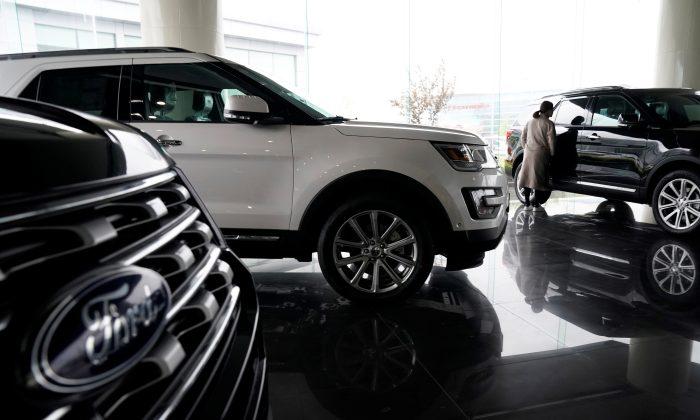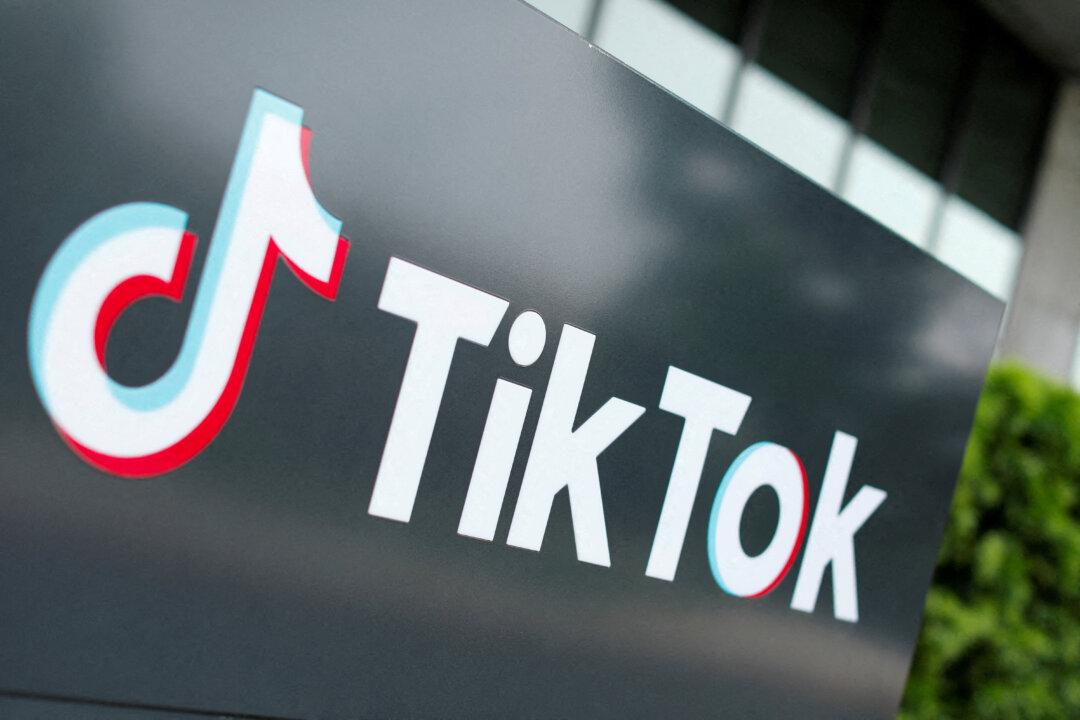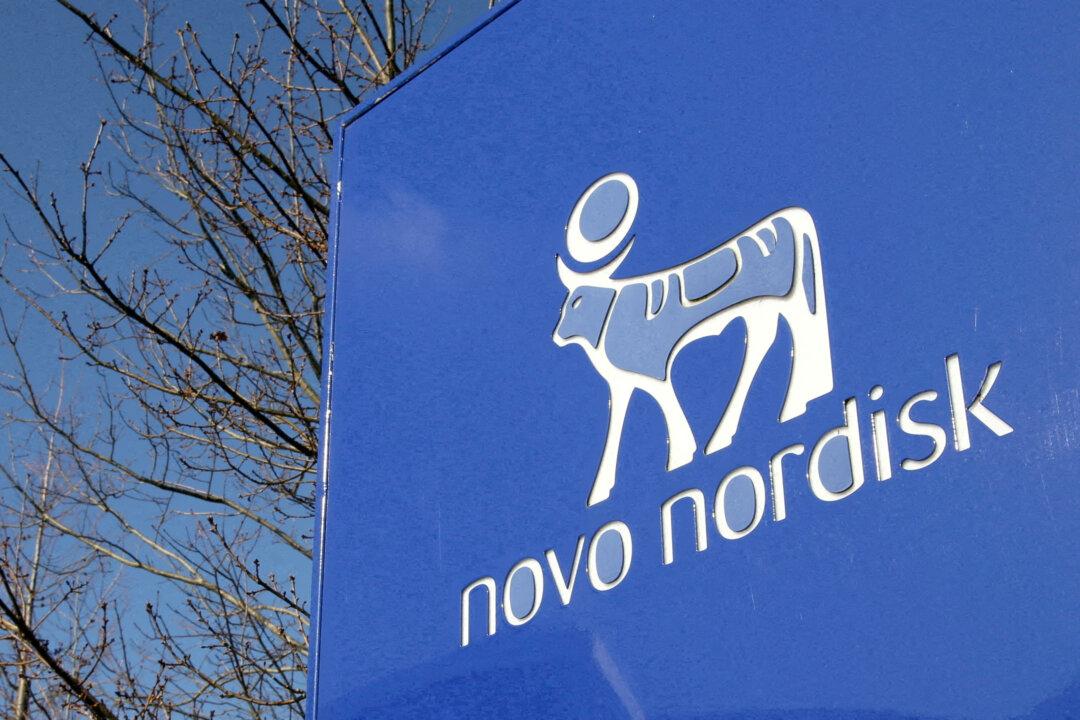WASHINGTON—The United States expects China to take immediate action to cut tariffs on U.S. car imports and end intellectual property theft and forced technology transfers as the two countries move toward a broader trade deal, a White House official said on Dec. 3.
President Donald Trump and Chinese leader Xi Jinping on Saturday agreed to a ceasefire in a trade war that has seen the flow of hundreds of billions of dollars worth of goods between the world’s two largest economies disrupted by tariffs.
The two leaders agreed to hold off on imposing more tariffs for 90 days starting Dec. 1 while they negotiate a deal to end the dispute following months of escalating tensions.
Global markets rose on Monday to their highest levels in about three weeks on the news. On Wall Street, the Dow Jones Industrial Average, the S&P 500 and the Nasdaq Composite all gained more than 1 percent.
U.S. soybean futures rose to their highest level since at least August, part of a broader commodities rally.
China offered more than $1.2 trillion in additional commitments on trade at the dinner between Xi and Trump on Saturday, Treasury Secretary Steve Mnuchin said on Monday.
White House economic advisor Larry Kudlow said the figure was a broad benchmark that would depend on private transactions for U.S. goods and was subject to market conditions.
China committed to start lifting tariffs and non-tariff barriers immediately, including reducing its 40 percent tariffs on autos, Kudlow said.
“We expect those tariffs to fall to zero,” he told reporters.
Americans would get a majority ownership in Chinese companies for the first time, Kudlow said on CNBC. Mnuchin, also speaking on CNBC, hailed a shift in tone.
Trump has made improving the terms of trade for the United States a signature of his “America First” presidency and has prided himself on confronting Beijing over trade practices that the United States and its allies complain are unfair.
“My meeting in Argentina with President Xi of China was an extraordinary one,” Trump tweeted on Monday. “We are dealing from great strength, but China likewise has much to gain if and when a deal is completed. Level the field!”
China’s Foreign Ministry spokesman Geng Shuang on Tuesday referred questions on the details of the trade agreement to the commerce ministry, which has yet to provide any.
He reiterated that during the meeting the two leaders agreed their economic teams would step up talks to work toward getting rid of all the tariffs, and aim for a mutually beneficial deal so that trade and economic relations can get back on a “healthy” track as soon as possible.
He gave no further details.
Kudlow, director of the National Economic Council, said he, Mnuchin and U.S. Trade Representative Robert Lighthizer held private meetings in Argentina with China’s Vice Premier Liu He, who told them Beijing would move quickly on its new commitments.
“The history here with China promises is not very good. And we know that,” Kudlow said. “However, I will say this: President Xi has never been this involved.”
Kudlow said: “They cannot slow walk this, stall this, meander this. Their word: ‘immediately.’”
Administration officials expressed a mixture of skepticism and optimism on Monday over whether China would deliver. None of the commitments were agreed to in writing and many specifics have yet to be worked out. Kudlow said U.S. officials would monitor Chinese progress closely.
Lighthizer to Lead Talks
Trump has appointed Lighthizer, who just completed a new trade agreement with Canada and Mexico and is one of the administration’s most vocal China critics, to oversee the new round of talks, officials said.The appointment may signify a harder line with Beijing and marks a shift from the past, when Mnuchin had a lead role.
“He’s the toughest negotiator we’ve ever had at the USTR and he’s going to go chapter and verse and get tariffs down, non-tariff barriers down and end all these structural practices that prevent market access,” White House trade adviser Peter Navarro told National Public Radio on Monday.
The White House is stepping up efforts to prod other countries to build more vehicles in the United States. Lighthizer and other officials, including Kudlow, are set to meet with German automakers, including the chief executives of Volkswagen AG and Daimler AG, on Tuesday, people briefed on the matter said.
Kudlow said the meeting was not meant to focus on potential tariffs, though Trump still had that option in his “quiver,” and the automakers would be encouraged to build engines in the United States.
On Sunday, Trump tweeted that China had agreed to cut import levies on American-made cars.
Chinese regulators did not respond to requests for comment on the tweet. Neither country mentioned auto tariffs in their official briefings of the meeting on Saturday.





